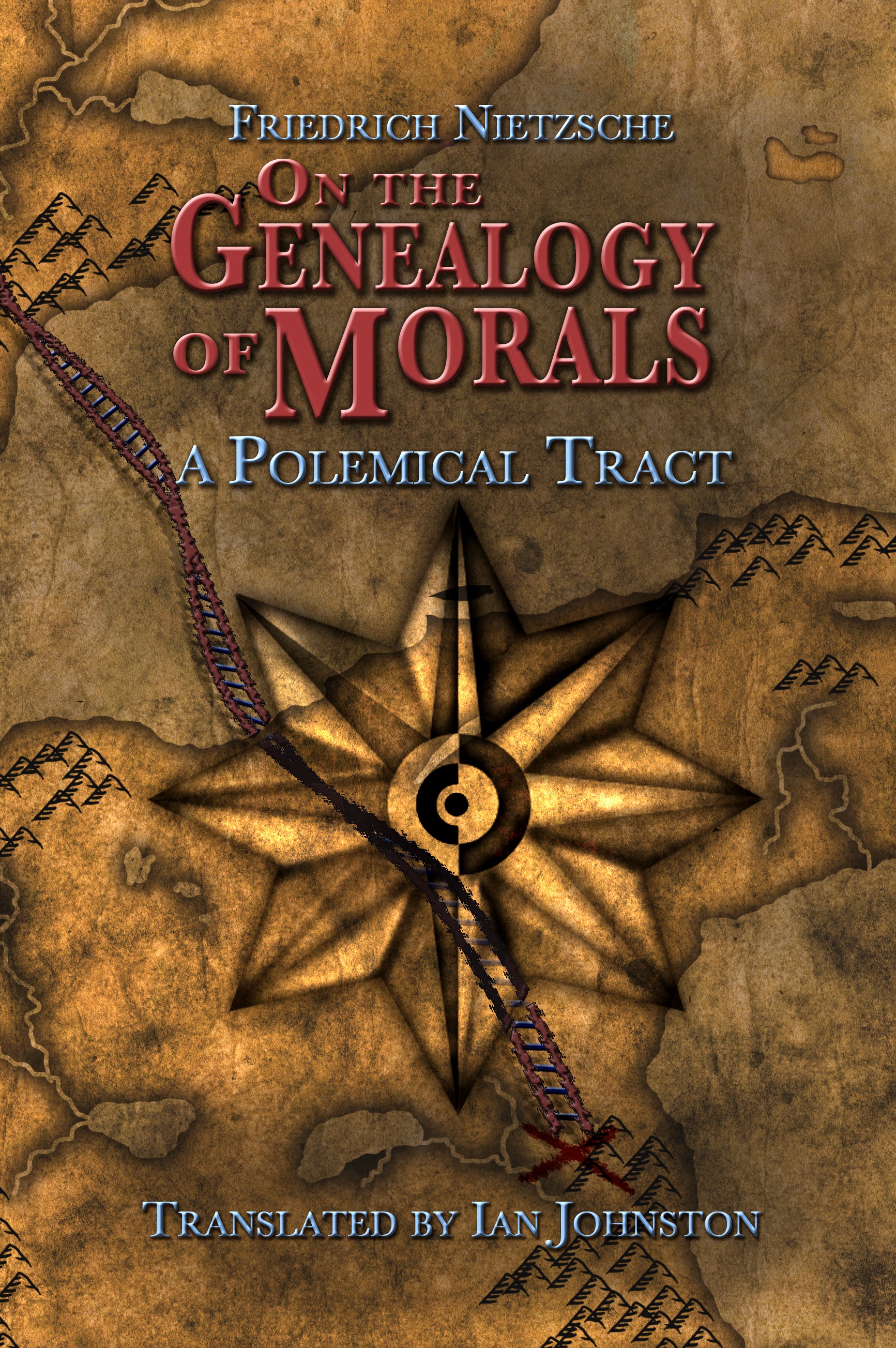Questions? Call us
toll free:
1-800-856-3060
At Richer Resources, we are dedicated to the creation of high quality books, art and other media intended to enrich the lives of individuals of all ages.
As an independent publisher, we are bound by a sense of integrity and quality to produce products which enhance the lives and vision of individuals everywhere.
Sign up to receive notice of free eBooks, new releases and special subscriber-only offers.
(You can unsubscribe at any time)
Classics/ Philosophy ISBN: 978-1-935238-44-7 USD $13.95
On the
Genealogy of Morals by Friedrich Nietzsche
Translated by Ian Johnston
The Genealogy of Morals, first published in 1887, is
widely considered the most important work written by the revolutionary
and extraordinarily influential German philosopher Friedrich Nietzsche
(1844-1900). The work consists of three essays, each one examining some
aspects of the historical development of modern moral concepts.
Nietzsche’s purpose here, as in his other works, is to expose the
falsity and deleterious effects of traditional morality, especially the
morality of Christianity. (2nd edition, revised 2014)
Nietzsche’s central concern is the value of morality, something
traditional philosophers have not questioned. To address this question
of value, he asserts, we need a history of moral systems, morality as it
has actually been practiced. If we do that, we will come to understand
that many of the values we assume to be true are, in fact, the product
of particular historical circumstances, especially of the revolt of the
slave classes against their masters and the consequent inversion of
values, which led to the creation and imposition of a morality which,
for all the good things one might say about it, made human beings sick
and hindered their development as healthy, joyful creatures.
Genealogy of Morals is an eloquent demonstration of Nietzsche’s
remarkable talent for acute linguistic and psychological observation and
of his formidable rhetorical gifts, here put to use in sustained
arguments which depart somewhat from his earlier aphoristic style. The
work is essential reading for anyone who wishes to learn about the
development of modern philosophy.
Ian Johnston’s fluent English translation is faithful to the original
German and captures the spirit of Nietzsche's bold, polemical style.
